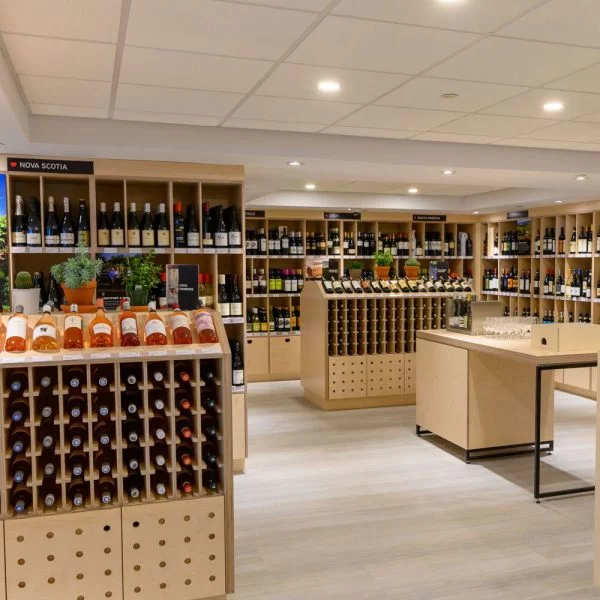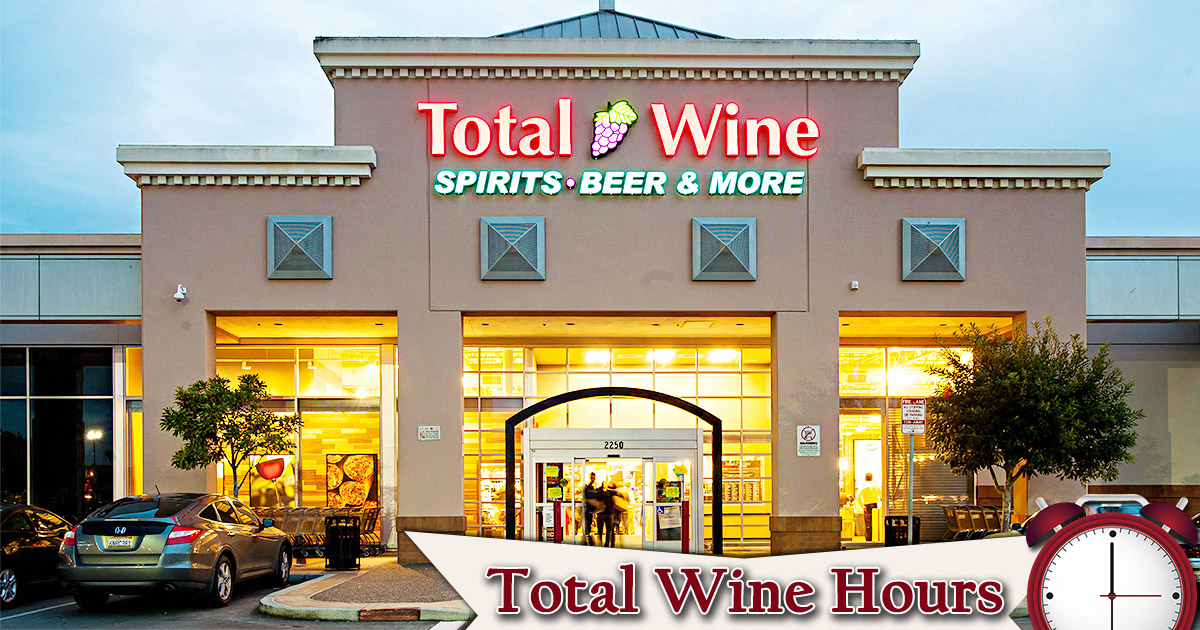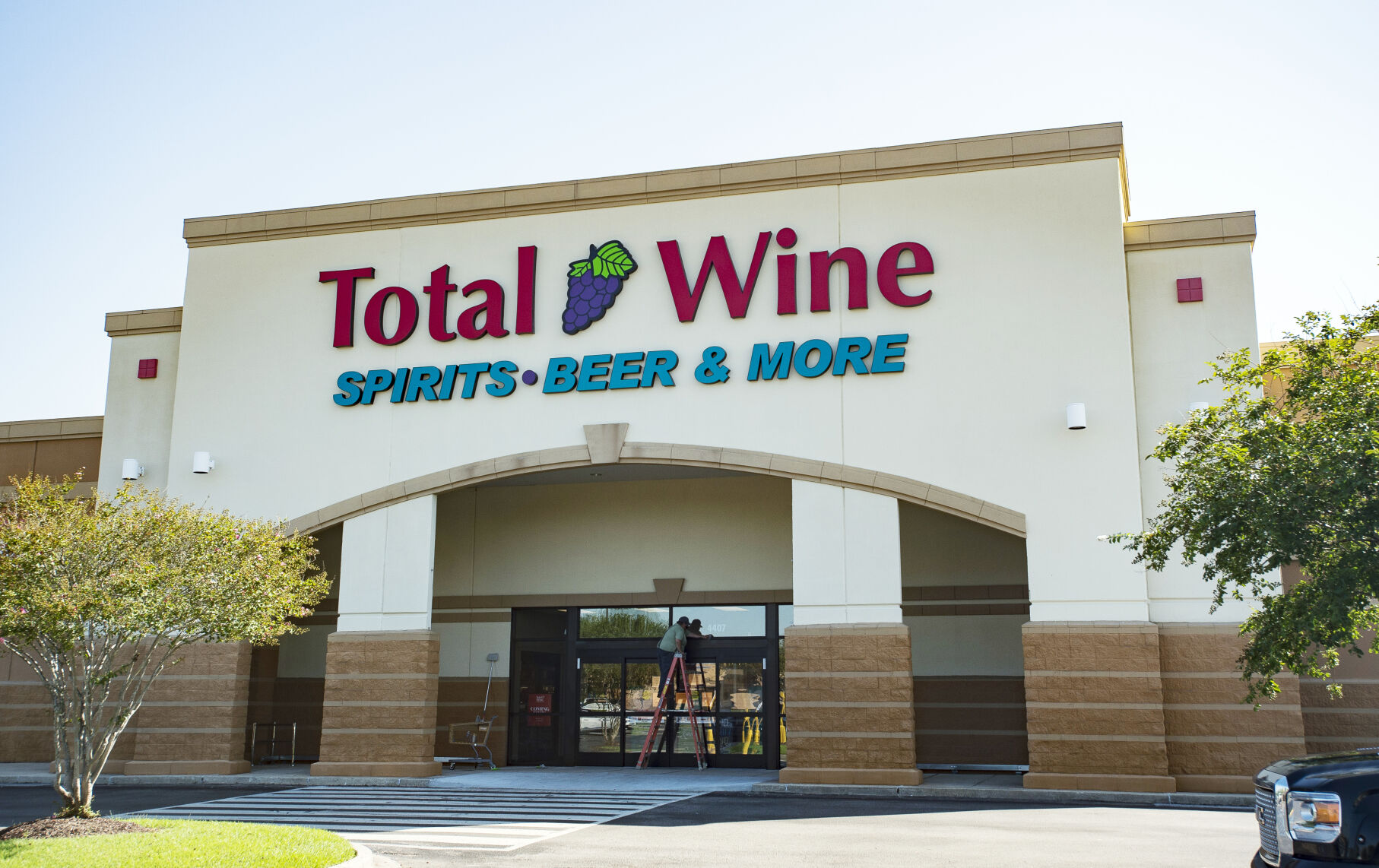

Monday through Saturday, a store may open as early as 9 am and close as late as 10 pm. People under the age of 21 are allowed to enter Fine Wine & Good Spirits stores, contrary to popular belief, but only if accompanied by a parent or guardian. Prices are generally the same throughout the state, but state stores may offer special discounts and sales, and county sales tax may cause the price to differ slightly. Spirits are to be sold only in the state owned Fine Wine & Good Spirits stores, which also sell wine, but not beer. Pennsylvania is an alcoholic beverage control state.
#Beer and wine stores near me license#
The distributor license applies to establishments selling larger quantities of beer, generally cases and kegs.Īlcohol sales For consumption off-premises Fine Wine & Good Spirits store in Horsham, Pennsylvania Clubs may operate later than restaurants, until 3:00 am. Privately-Owned Public Golf Course Eating Place Retail DispenserĬlub licenses include private members-only fraternal organizations.

These are generally delis or corner stores.

Retail liquor licenses can sell liquor, wine, malt, and brewed beverages for consumption on-premises. However, retail licenses are further divided into retail liquor licenses, which can sell liquor, wine, malt and brewed beverages, and retail dispenser licenses, which can sell brewed and malt beverages only. A retail license allows for the on-premises sale and consumption of alcoholic beverages. There are a number of types and sub-categories of liquor licenses available in the state. Currently, the quota is one license per 3,000 county inhabitants, but existing licenses in areas that exceed the quota are grandfathered-in. The Liquor Control Board operates on a quota system, which has changed several times over the years. Retail establishments selling alcohol must be licensed. Many of the dry or moist municipalities are small communities in rural areas. Although the state does not have any dry counties, the state still has 683 municipalities (as of January 2019) that are at least partially dry. Also in 1933, alcohol sales became a local option whether or not to become wet or dry. The Pennsylvania Liquor Control Board was created to license establishments, set serving hours, and regulate prices. Even as Prohibition was repealed in Pinchot's second term, he maintained his tough stance on alcohol control. Gifford Pinchot, who served as governor from 1923 to 1935, had a "dry" stance on alcohol. Pennsylvania's complex alcohol laws can be traced back to the Prohibition era. The alcohol laws of Pennsylvania contain many peculiarities not found in other states, and are considered some of the strictest regulations in the United States. JSTOR ( February 2022) ( Learn how and when to remove this template message).Unsourced material may be challenged and removed.įind sources: "Alcohol laws of Pennsylvania" – news Please help improve this article by adding citations to reliable sources. This article needs additional citations for verification.


 0 kommentar(er)
0 kommentar(er)
